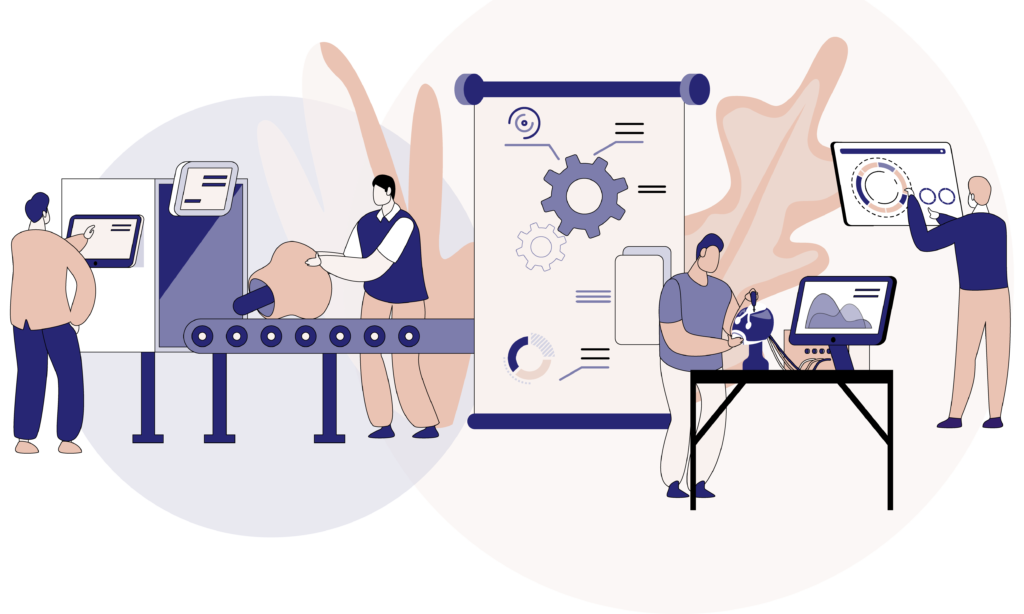A Viewpoint by Adrien Eyraud, Global Account & Industry Manager at Amaris Consulting.
Engineering is what powers the world we know today. From transportation and product innovation to renewable energy and data capabilities, we rely on the engineering industry and the expertise of those who work in it to move the world forward.
The engineering industry itself is currently facing two major challenges. The first is maintaining a level of competitiveness and creativity that meets new expectations around sustainable innovation; businesses must be able to repeat the process of innovation to remain market leaders in their sector. The second challenge is a byproduct of the first; producing these innovations must be done at a reasonable cost while maintaining quality standards and compliance with increasingly drastic environmental regulations.
The result is that the entire ecosystem of engineering is undergoing profound change, impacting R&D departments and factories as well as the supply chains. Driven by an increased convergence with technologies such as AI, blockchain or AR/VR, the industrial sector is now undergoing a major transformation and is redefining engineering as we know it.
To better illustrate some of the changes taking place, we outline four key areas of focus for the engineering sector today.
Ecology and emission reduction
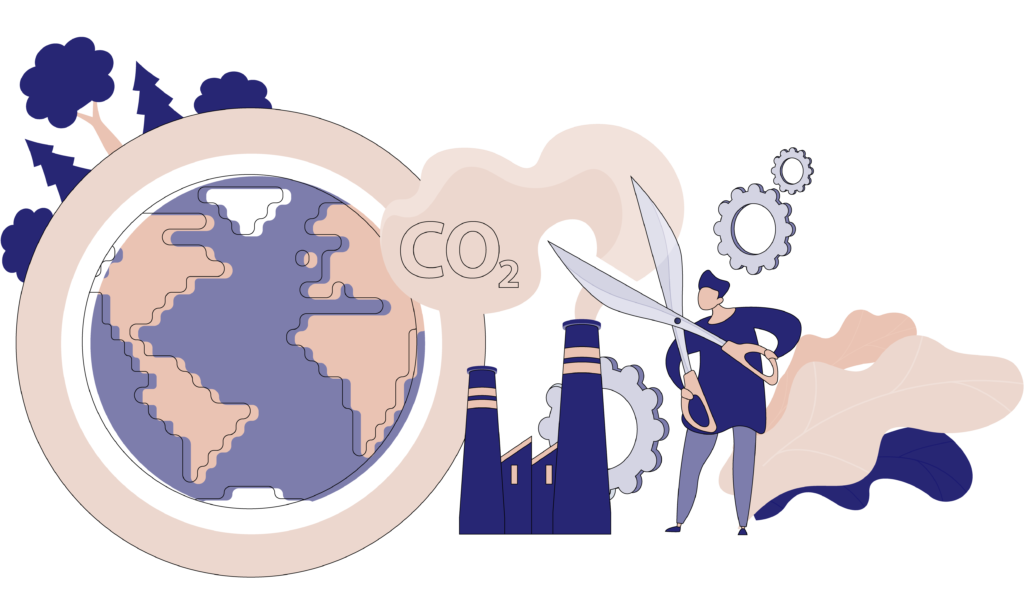
Reducing emissions has become a major challenge for businesses for two reasons: preserving the planet and preserving their reputation. Approaches to emissions reduction include the purification of traditional energy sources, the transition to renewable energies, and the reuse of wasted energy.
The oil and gas industry has been under fire for years due the damaging impact of fossil fuels on the environment. The industry received a stark warning from the International Energy Agency (IEA) earlier this year; oil and gas companies must plan for their long-term futures by playing a much bigger role in combating the climate crisis. The IEA cautions that the “twin threats” of financial profitability and social acceptability hinge on the industry’s ability to move towards cleaner energy production.
The energy sector is not the only one affected, however. Representing around a quarter of Europe’s greenhouse gas production, the transport sector is in a frantic race to define the means of propulsion for tomorrow’s green mobility. The European Commission says that “emissions of air pollutants from transport that harm our health need to be drastically reduced without delay”, and similar challenges are being issued by regulators and governments the world over.
While it’s clear that safeguarding our planet requires action by all, industry must take the lead in solving the issues they themselves have contributed to creating. Driven by the standards set by international institutions, governments, and cities, the coming years will be marked by notable innovations in emissions reduction technologies and green innovations.
Industry 4.0
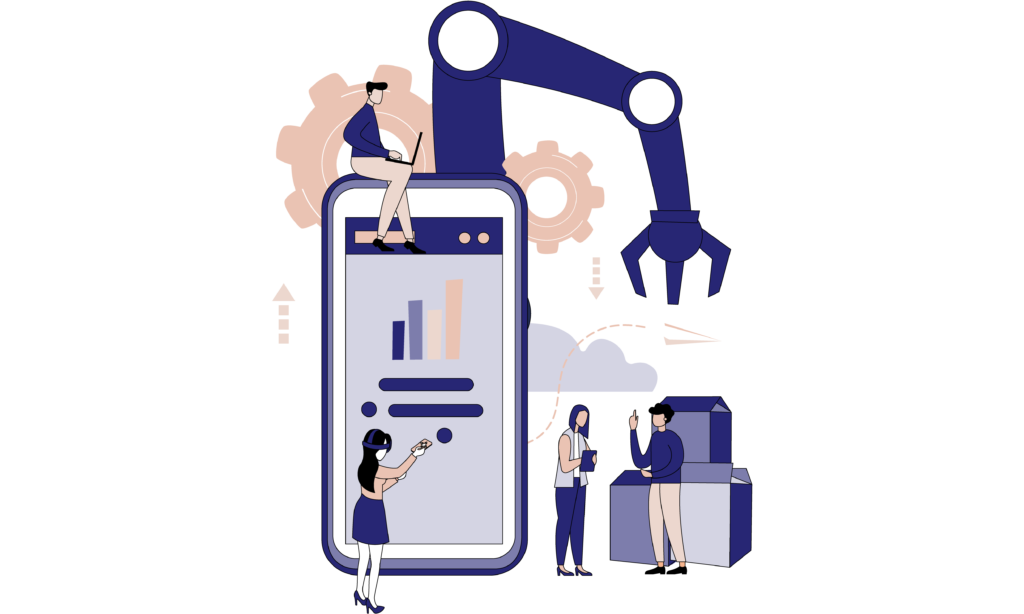
For several years now, businesses have been combining smart technologies to digitally transform their industries. Technological evolutions such as the Internet of Things (IoT), robotics, augmented and virtual reality, 3D printing, artificial intelligence, and automated guided vehicles (AGVs), have allowed businesses to increase efficiency and have spurred a transformation of traditional processes such as manufacturing and production.
Improving customization options and the increasingly flexible applications of Industry 4.0 technology, as well as better maintenance and breakdown management, is resulting in lowered costs and reduced energy consumption for businesses.
Auto manufacturer Volkswagen has embraced digitalization, using it not only to improve their own operations, but also to innovate. Working in partnership with Amazon Web Services and Siemens, Volkswagen developed an Industrial Cloud. The Cloud, which takes an ‘app store’ approach, allows Volkswagen’s partner companies to connect with Volkswagen plants and to contribute their own software applications for optimizing production processes. The aim of the project is to facilitate the creation of a range of industrial software applications for Volkswagen’s plants.
The impact of Industry 4.0 principles on Volkswagen’s production capabilities will be significant. Dirk Didascalou, Vice President of IoT, Amazon Web Services, says that Volkswagen can now “focus their resources on optimizing production, creating new business opportunities for smart products, and improving operational efficiency across the entire value chain”.
However, this increase in technology means human input becomes ever-more important. System and machine operators will become integral parts of a business’ ability to function, and so many organizations are now focusing on how to combine the speed, efficiency, and quality of machines with the creativity and problem-solving abilities of humans: ‘augmented workers’ will play a pivotal role in the organizations of the future.
The data revolution
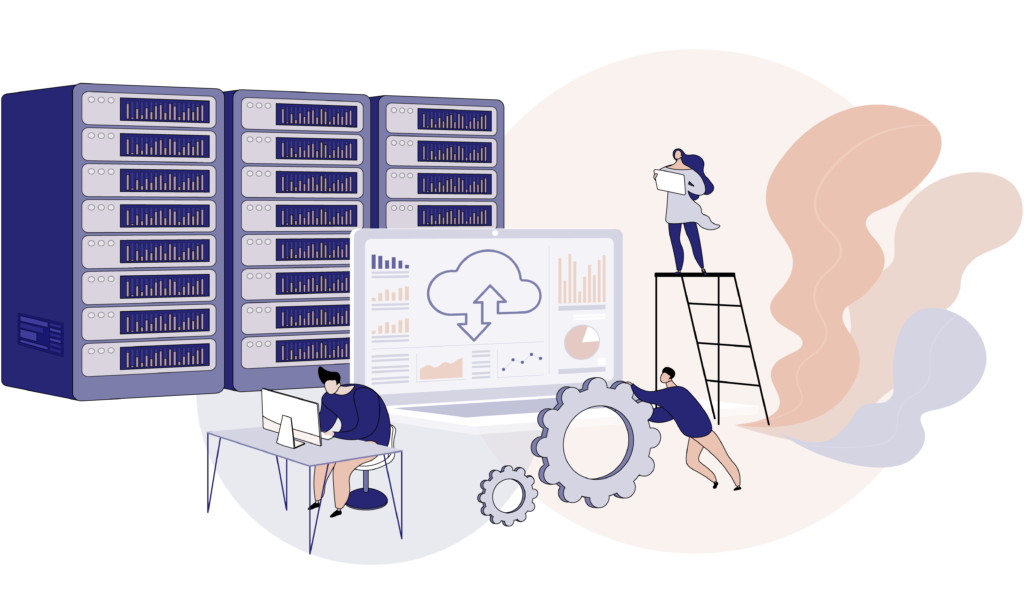
Whether through IoT, connected factories, or telematics, companies are generating more data than ever before. As well as providing insights into how to streamline operations or create efficiencies, this data is an asset in itself.
The airline industry has seen its profits squeezed in recent years and has turned to data to try to reverse this trend. In the global aviation industry, the market for big data alone is predicted to be worth $7.178 billion with a CAGR of 17.5% by 2023. Accurately forecasting demand, highlighting the profitablity flight routes, and air fleet optimization are all data-enabled outcomes which lead to increased efficiencies for airlines, allowing them to streamline operations and maximize profits without compromising on service.
As well as being able to more accurately gauge customer sentiment towards their brands and services, data enables airlines to price as realistically as possible; real-time dynamic pricing means fares can continually change depending on demand. Improved customer service through bag-tracking and reduced delays is also made possible through data – around one third of delays are caused by unplanned maintenance, which airlines can now use predictive analytics to counteract.
Thanks to data and AI, the engineering industry is competing creatively across sectors to generate new services for consumers or to improve existing products and processes. This technological evolution also brings new threats, however, particularly with regards to cyber security and data privacy.
It’s estimated that a cyber-attack takes place every 39 seconds, and that over 3.8 million data records are stolen every day. With increasing volumes of data and ever-more complex technologies, the incentive for malicious actors to attempt data breaches is growing. With every new digital process and technology companies add to their infrastructure, cyber security and data protection should be front of mind.
Mobility of the future
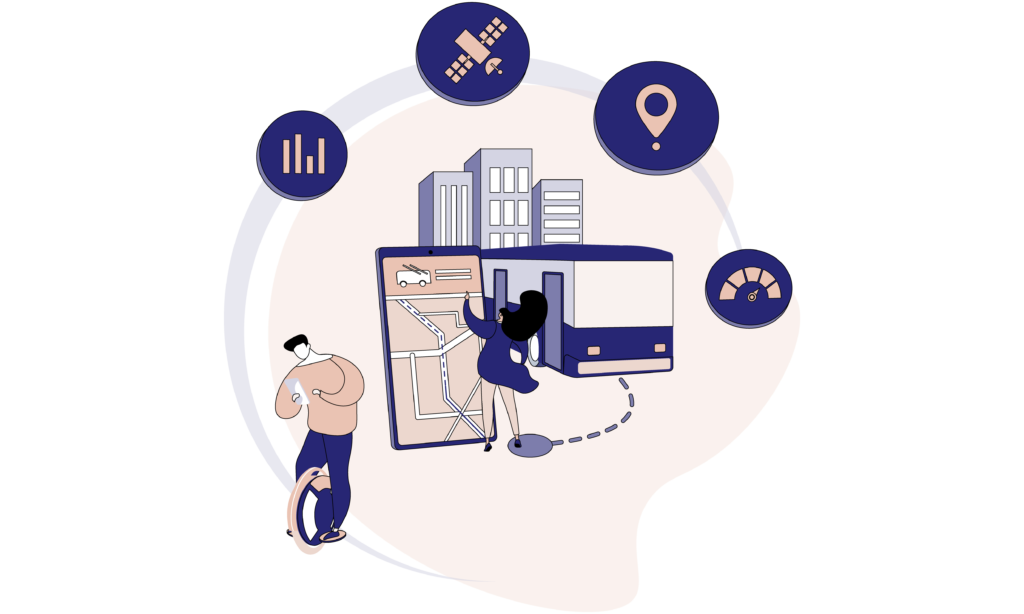
Driverless cars and autonomous vehicles have been making headlines for several years now, but auto makers are yet to deliver a viable solution. Engineers at General Motors, Tesla, Google, Toyota, Honda, and other auto-giants have so far been unable to replicate humans’ ability to react to changing situations, to problem solve, and to accurately evaluate and respond to risk.
However, even if the automotive sector seems to be making slow progress towards fully autonomous vehicles, adaptations and variations of this technology are fundamentally shifting the future of mobility.
As this technology is still a work in progress, nobody really knows what the mobility of the future will look like. Be it autonomous vehicles, vehicle-sharing solutions, new means of transport, individual flying vehicles, or increasingly sophisticated public transport systems, the trends towards greener, more accessible, and more shared transport are here to stay.
Mobility-as-a-service (MaaS) models are already on the rise, with the likes of Uber and Lyft already capitalizing on the popularity of ride sharing and short-term access to vehicles. It’s likely that shipping and haulage organizations, company fleets, and industrial transport will adapt this model to suit their own operations, cutting costs and creating efficiencies in the process.
These technological developments in mobility do not exist in isolation, however. To become truly embedded in the transport of the future, mobility technology relies on infrastructure not yet fully established. 5G connections will be essential for car-to-car communications, for example, and using drones to deliver consumer goods would need extensive developments in legislation and safety protocols. Once a critical mass of this infrastructure is reached, innovations are likely to come thick and fast from the mobility industry.
As the engineering industry endeavors to meet the challenges encountered on the way to realizing tomorrow, only one thing is certain: technology will be at the heart of most of our industries, and regulatory and infrastructure concerns should correspond with their developments.
Amaris Consulting’s practice in engineering extends from sustainable and smart manufacturing to systems engineering and research, development, and design. Our expert consultants are situated around the globe to provide the engineering expertise and insight our clients need when they need it.
Find out more about Amaris’ Engineering capabilities at amaris.com.
